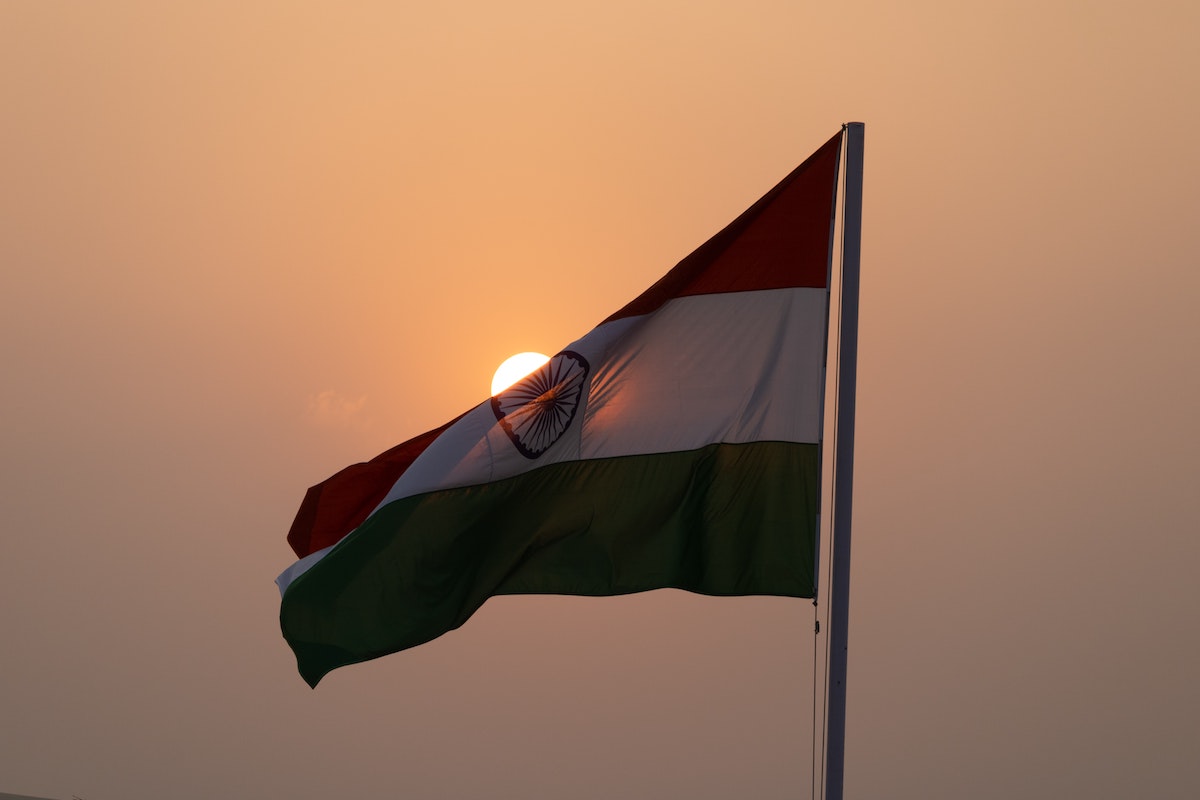Foreign policy response to region needs fresh impetus given geopolitical events
IN 2022, Malaysia will celebrate 65 years of bilateral relations with India, Pakistan and Sri Lanka; a golden jubilee with Bangladesh; the 62nd anniversary of Malaysia-Nepal ties and 54 years of diplomatic relations with Maldives. These are all long friendships but, of late, they’re on unknown, unplanned trajectories.
Recent geopolitical developments and status quos, particularly the Taliban takeover of Afghanistan, growing Indo-Pacific construct and regional dynamics stemming from Sino-Indian and Indo-Pakistan competition make South Asia a region that cannot be ignored.
For Putrajaya, it is now time to move past the narrative that relations with South Asian partners are “resilient enough”. It is pivotal to reassess core features of bilateral ties and bolster working relations with South Asian nations. Re-engagement with South Asia is crucial for Malaysia to navigate the geopolitical scenario.

The Putrajaya-New Delhi relationship, despite its perceived “permanence”, must be re-evaluated to account for recent national policy directions. For example, India’s self-reliant campaign will change the face of Malaysia-India trade relations.
New Delhi’s mission on edible oils – palm oil whereby it becomes self-reliant in edible oil production, Malaysia would be hit hard, considering that India imports RM7.2 billion of our palm oil.
Malaysia’s recently launched Foreign Policy Framework (FPF) shows how much we share with India. The focus on cultural diplomacy and the vision of “Malaysian Family, World Family” is akin to India’s cultural diplomacy through the Indian Council for Cultural Relations and the vision of Vasudhaiva Kutumbakam (the world is one family). This could create new interdependencies that lead to a more holistic partnership.
The FPF’s objective of “upholding multilateralism” is also an opportunity to build relations with Islamabad, Dhaka and Maléwithin the Organisation of Islamic Cooperation.
Cooperating on pressing issues, such as food insecurity, not only taps on the unique experiences of South Asian countries but has the potential to create mechanisms that rely on resilient, long-term partnerships. This could play into Malaysia’s “big-picture” plans for continued engagement with South Asia. The D8 can also be capitalised upon in a similar manner.
Malaysia’s traditional “labour relations” with Nepal and Bangladesh must be revisited to develop new, durable contingency models that provide solutions for movement restrictions and the safety of migrant workers.
Ties with Kathmandu and Dhaka depend heavily on this aspect, hence Putrajaya must be proactive and take the lead to engage stakeholders and improve existing structures of cooperation.
Relations with Sri Lanka are also rather precarious lately, with Colombo’s recent ban on palm oil imports. Resuming stalled talks on a potential Malaysia-Sri Lanka free-trade agreement could remedy this. This, however, would require initiative from both sides and political will.
On Afghanistan, South Asia is Putrajaya’s best bet to understand the complexities of the new challenges in the region – for instance, the threat of newly emboldened terrorist groups, humanitarian crisis in Kabul and ways to address these. Whether it is New Delhi’s model of humanitarian assistance to Afghanistan or Islamabad endorsing the new Taliban government on the world stage, these perspectives from South Asia will help Putrajaya develop its way to engage Kabul.
Putrajaya should also internalise the importance of regional initiatives and relations with South Asian countries through Asean. Malaysia has yet to take a firm stance on India’s Indo-Pacific Ocean Initiative despite its potential value. This must be assessed in tandem with the larger group of Quad initiatives.
Putrajaya can also use the Asean mechanism to foster closer ties with South Asia. Next year marks the 30th anniversary of Asean-India dialogue partner relations. This milestone will open more avenues of cooperation. Dhaka is another partner that can be engaged through the Asean framework to find a solution to the Rohingya crisis.
Putrajaya’s pivot to South Asia will help navigate status quo geopolitics. Policymakers must ensure that this features prominently in our future foreign policy directions.





